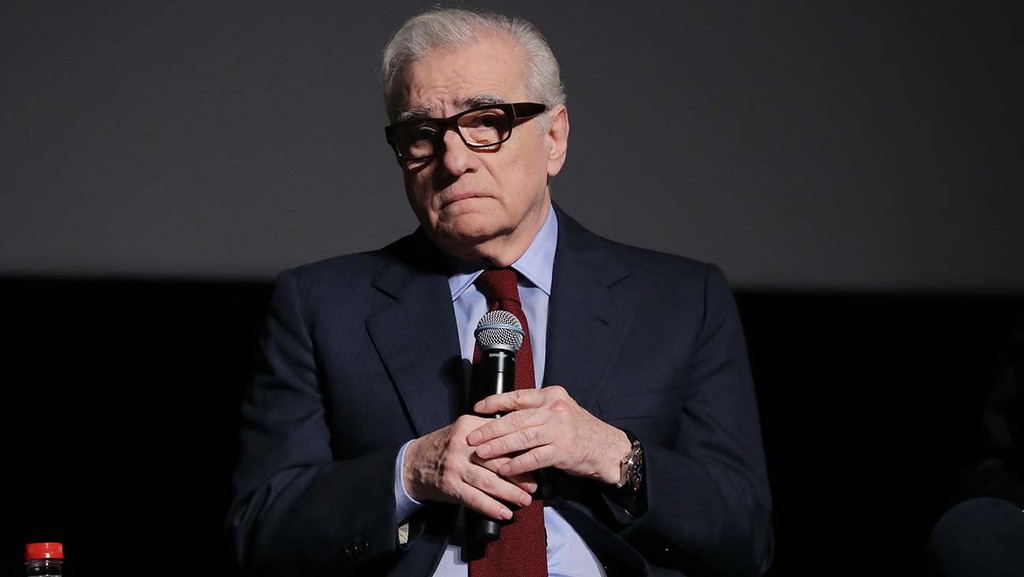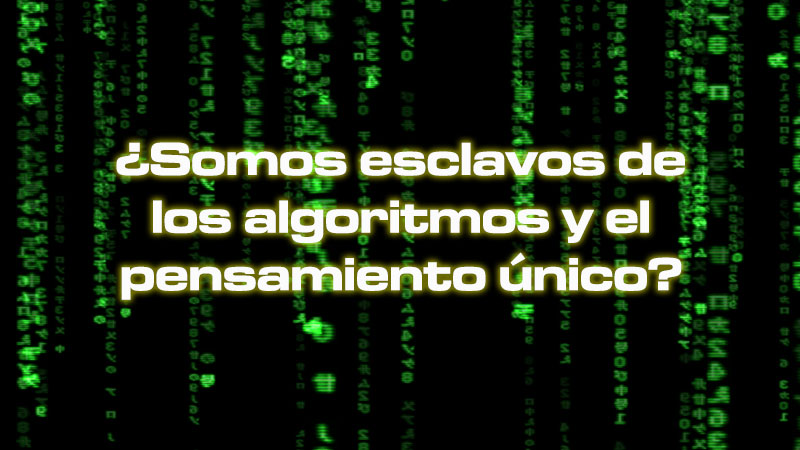Recently the immeasurable Martin Scorsese has shared several reflections and statements about how he feels the world of cinema is today, especially with the entry into play of the great streaming platforms and on-demand content. That is why on Twitter I have shared a thread with my own reflections as a result of several comments from Scorsese that are perfectly transferable to the entire field of consumption and online marketing.
And it seems that we are aimed at being just numbers. When the decision factors about what to see and what to consume are based solely on algorithms, we run the risk of homogenizing consumption in such a way that in the end we limit the options. And the question is who decides what they are. Who chooses the theming? Especially when doing that we discriminate and limit the impact of personal recommendations. I do not want to enter the realm of conspiracy, but the reality is what it is.
Social networks and new platforms, both advertising and content, have brought great achievements and improvements. They have brought people closer and have universalized the consumption of content. But for years they have taken a turn that seems aimed at achieving the opposite. On the one hand, as Scorsese says, centering the algorithms based on what we have already seen, limiting the ability to discover new content that might interest us.
The algorithms treat us like merchandise and in the end it happens to us that we only see one type of publications of some products or contacts, but others are hidden from us. It has happened to all of you having stopped seeing publications of good friends in RRSS, while we do not stop seeing those of other people. And it is that the algorithms decide for us what “they” think we want …
And in the end, we see that they only bet on the big, the known, what makes money fast and safe. The death of organic reach in RRSS is another example of this. Only those with the most muscle can bid on advertising space. Only the great ones can grow. In the world of cinema and TV this is more than obvious too. It is only necessary to see that Hollywood investors and producers only bet on remakes, reboots, recasts, reboots … of already established and known IP’s, discarding betting on new stories and thus, as Scorsese says, great films are lost. This can be extrapolated to the literary world and the world of video games, which I see very closely. A clear example of this is this list of PC titles that have become free on Steam because their developers have had to throw in the towel and give up turning them into commercial successes. If we talk about the mobile world and apps, the list is multiplied by a thousand. For every success known today, there are 100,000 failures. And of them, real jewels have possibly been lost.
To this must be added the obsession with the cancellation of culture, open censorship and the limitation of freedom of expression, with the argument, precisely, of defending freedom of expression and respect for every unimaginable group. And while in real life this should always be the case, mistaking it for fiction is alarming. It is yet another sign that they are trying to force a unique voice, a unique freedom of expression (as long as it coincides with mine) and that’s it.
People shouted to the skies when the Taliban or the Islamic State destroyed sculptures and works of art in Afghanistan, Syria, and Iraq, but it seems okay or does not appeal to them when the censorship of works of fiction, such as the Disney classics (Dumbo, Aristocats, Peter Pan, among others). Or, when you directly try to cancel people in the professional field for their personal opinions such as the most recent of Gina Carano and Disney (something tells me that it is still going to offer us script twists).
It is true that the personal sphere does not exist when a publication is made on a public or open social network, but precisely those who claim to be champions of freedom of expression cannot be the executioners who want to restrict it if it differs from their opinion. The main risk is that in the end, where do we put the limit, where do we draw the red line? It may happen that one day we wake up and discover that we are forbidden to make any kind of criticism or comment that goes against the “system”, on pain of being fired or neutralized from society. There are examples of this in the experiment of social control that has been applied in China for some time …
In the end, and returning to the initial thread of this reflection, as a good friend told me this morning. We live in the era of Wealth Redistribution Vs. Wealth Creation. It seems that everything is aimed at making it almost impossible to create and monetize new ideas in pursuit of just feeding what is already established. I know I sound very cyberpunk, but the horizon is not very flattering in this sense and, while new technologies and media offer great opportunities, they also entail great dangers.
Will we know how to put it to good use to recover the democratization that they were supposed to offer? What is your opinion? Are we slaves to algorithms or do we still have a chance to find balance and make a difference with personal insights and recommendations? Will we be able to accept the plurality of freedom of expression, with respect, even if it is of completely opposite opinions to ours, or will we move towards a single thought?


